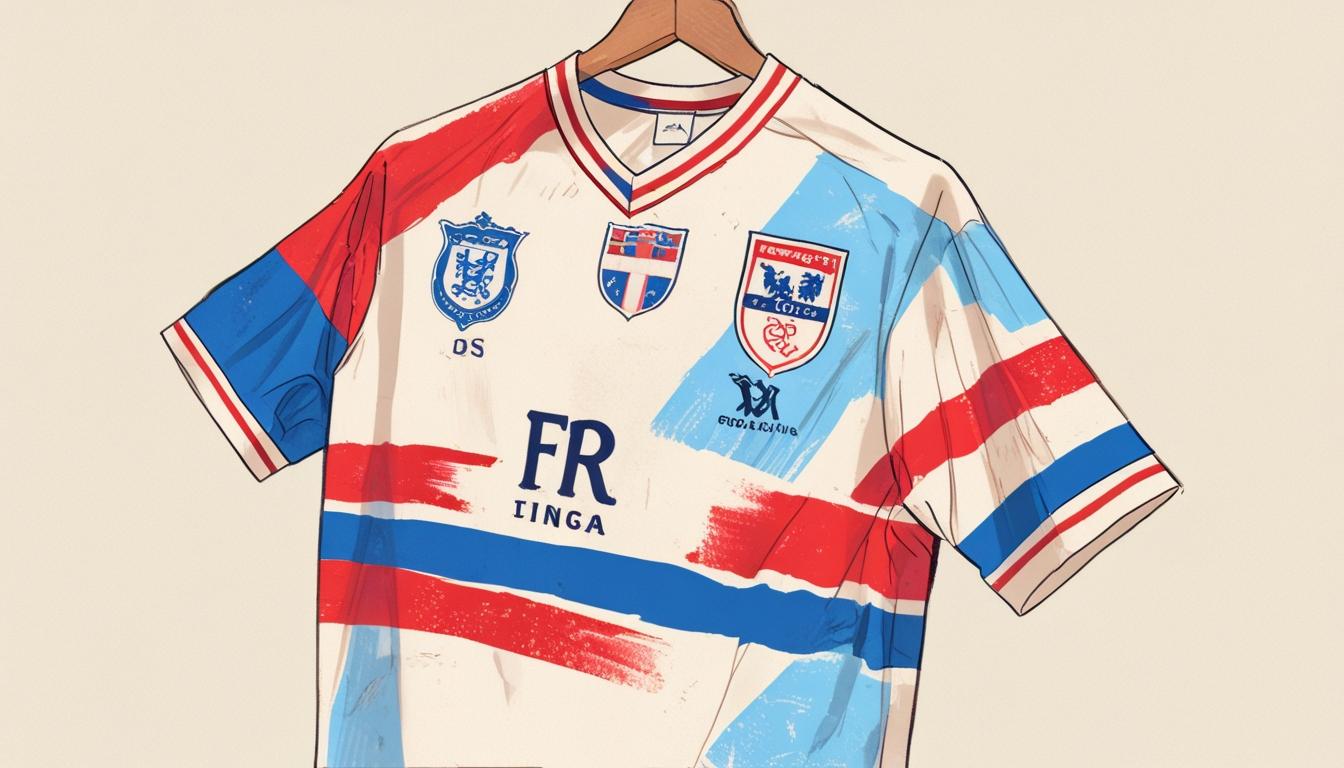In the early 1990s, English football shirts commonly bore the logos of familiar British brands, including local breweries, electronics firms, and construction companies. These sponsorships reflected a period when the league was primarily a domestic enterprise, closely linked to the communities it served. During the Premier League's inaugural 1992-93 season, more than half of the shirt sponsors were UK-based companies. This proximity fostered a strong local identity, as fans felt a connection to sponsors that were part of their everyday lives.
Over time, many of these once-prominent sponsors, such as Commodore and Mita Copiers, have vanished due to mergers, rebranding, or closures. This change illustrates the transformation within English football's commercial landscape over the past thirty years, preparing the ground for the significant shifts seen in the 21st century.
As the Premier League grew in stature and attracted an international audience, clubs increasingly sought to capitalise on lucrative broadcast deals. This led to a reorientation in sponsorship, with fewer household UK brands and more multinational corporations taking centre stage. Overseas companies, including major players from air travel, financial services, and technology sectors, recognised the value of Premier League exposure for building global brand recognition.
This shift was met with mixed feelings among supporters, some of whom felt a weakening of the local connection. The new sponsors rarely operated within the UK market or offered readily accessible products, contrasting with the earlier emblematic partnerships rooted in community familiarity. Nonetheless, football clubs emphasised the financial advantages brought about by embracing global sponsors, acknowledging that these deals have become crucial revenue streams.
The Premier League's audience and broadcasting revenues have expanded dramatically since its launch. Television agreements have enabled English football to reach a global audience, providing a potent platform for international brands. Particularly notable has been the surge in sponsorship from companies based in Asia and the Middle East, including firms from the United Arab Emirates and the Philippines. These sponsors view Premier League affiliation primarily as a tool for increasing their presence in distant markets rather than to appeal directly to UK supporters.
While this globalisation has elevated the league's prestige and financial strength, it has also contributed to a growing sense of detachment among some British fans concerning their clubs' commercial partnerships. Despite this, many acknowledge that the substantial income garnered from international sponsorship agreements remains fundamental to the success and sustainability of their football teams.
The Sports Bank reports this evolution highlights the changing nature of football sponsorship, reflecting broader economic and cultural dynamics over the past three decades.
Source: Noah Wire Services
